Autores: Zuhelen Padilla-Barrera, Ricardo Torres-Jardón, Luis Gerardo Ruiz-Suarez, Telma Castro, Oscar Peralta, María Isabel Saavedra*, Omar Masera, Luisa Tan Molina, MiguelZavala
*Centro de Ciencias de la Atmósfera | Departamento de Ciencias Ambientales
Abstract
The estimation of emissions inventories of climate forcing species and air pollutants from activities such as the burning of biomass from cooking food in rural environments in Mexico presents some degree of uncertainty due to the lack of locally obtained emission factors; emissions estimates were generally obtained with other types of biomass and cookstoves. This study presents a controlled dilution system to obtain emission factors for gases (CO2, CH4, CO, NMHC, NOx, and SO2) and PM2.5 (and its components, elemental carbon (EC) and organic carbon (OC)) from improved wood-burning stoves. The sampling experiment combines measurements of PM2.5 and gases from a diluted stream of emissions, with carbon mass balance methods and concentration ratios of CO2 and CO to obtain average emission factors under the Water Boiling Test (WBT) protocol. The feasibility of the experimental design is demonstrated by an application of using white oak wood as fuel in an improved Patsari stove. The ranges of average emission factors obtained for the Patsari stove in g/kg of wood consumed for four representative species were: CO2, 1305–1423; OC, 1.47–2.07; EC, 0.13–0.17; PM2.5, 1.97–4.19, and are within the ranges reported in the literature.
Vía: Energy for Sustainable Development










